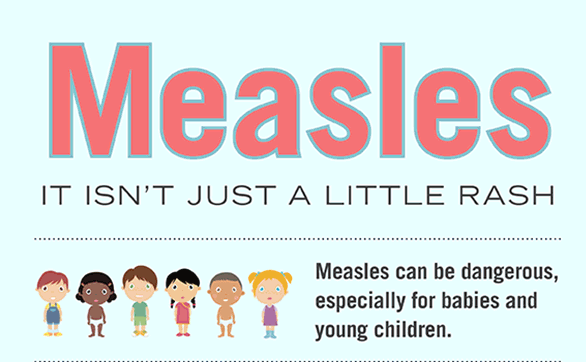
According to the Centers for Disease Control and Prevention’s outbreak report posted Friday, a total of 28 people infected with the outbreak strains of Listeria monocytogenes and five deaths have been reported in connection with commercially produced, prepackaged caramel apples.
The 28 ill people included in this outbreak investigation have been reported from 10 states: Arizona (4), California (1), Minnesota (4), Missouri (5), New Mexico (5), North Carolina (1), Texas (4), Utah (1), Washington (1), and Wisconsin (2). Illness onset dates range from Oct. 17, 2014, to Nov. 27, 2014.
Nine illnesses have been associated with a pregnancy (occurred in a pregnant woman or her newborn infant). No miscarriages or fetal losses have been reported.
Among people whose illnesses were not associated with a pregnancy, ages ranged from 7 to 92 years, with a median age of 64 years, and 32 percent were female. Three invasive illnesses (meningitis) occurred among otherwise healthy children aged 5-15 years.
Of the 26 ill persons for whom information is available, all have been hospitalized, and five deaths have been reported. Listeriosis contributed to at least four of these deaths.
CDC is collaborating with public health officials in several states and with the U.S. Food and Drug Administration to investigate. To date, 15 of the 18 ill people interviewed reported eating commercially produced, prepackaged caramel apples before becoming ill.
Advice to Consumers
The information CDC has at this time indicates that commercially produced, prepackaged caramel apples may be contaminated with Listeria. Listeria can cause a serious, life-threatening illness.
- Out of an abundance of caution, CDC recommends that U.S. consumers not eat any commercially produced, prepackaged caramel apples, including plain caramel apples as well as those containing nuts, sprinkles, chocolate, or other toppings, until more specific guidance can be provided.
- Although caramel apples are often a fall seasonal product, contaminated commercially produced, prepackaged caramel apples may still be for sale at grocery stores and other retailers nationwide or may be in consumers’ homes.
- These products could have a shelf life of more than one month.
- If you have any commercially produced, prepackaged caramel apples in your home, throw them away. Place them in a closed plastic bag in a sealed trash can to prevent other people or animals from eating them.
- At this time, no illnesses related to this outbreak have been linked to apples that are not caramel-coated and not prepackaged or to caramel candy.
- There is no evidence currently linking illnesses to homemade caramel apples. If you are unsure if a caramel apple is commercially produced or homemade, then you should not eat it.
- If you think you might have become ill with signs and symptoms of listeriosis after eating a commercially produced, prepackaged caramel apple, contact your health care provider.
- New information will be provided as it becomes available.
Advice to Retail Establishments
The information CDC has at this time indicates that commercially produced, prepackaged caramel apples may be contaminated with Listeria. Listeria can cause a serious, life-threatening infection.
- Out of an abundance of caution, CDC recommends that U.S. retailers not sell or serve commercially produced, prepackaged caramel apples, including plain caramel apples as well as those containing nuts, sprinkles, chocolate, or other toppings, until more specific guidance can be provided.
- Although caramel apples are often a fall seasonal product, contaminated commercially produced, prepackaged caramel apples may still be for sale at grocery stores and other retailers nationwide.
- These products could have a shelf life of more than one month.
- New information will be provided as it becomes available.



Be the first to comment